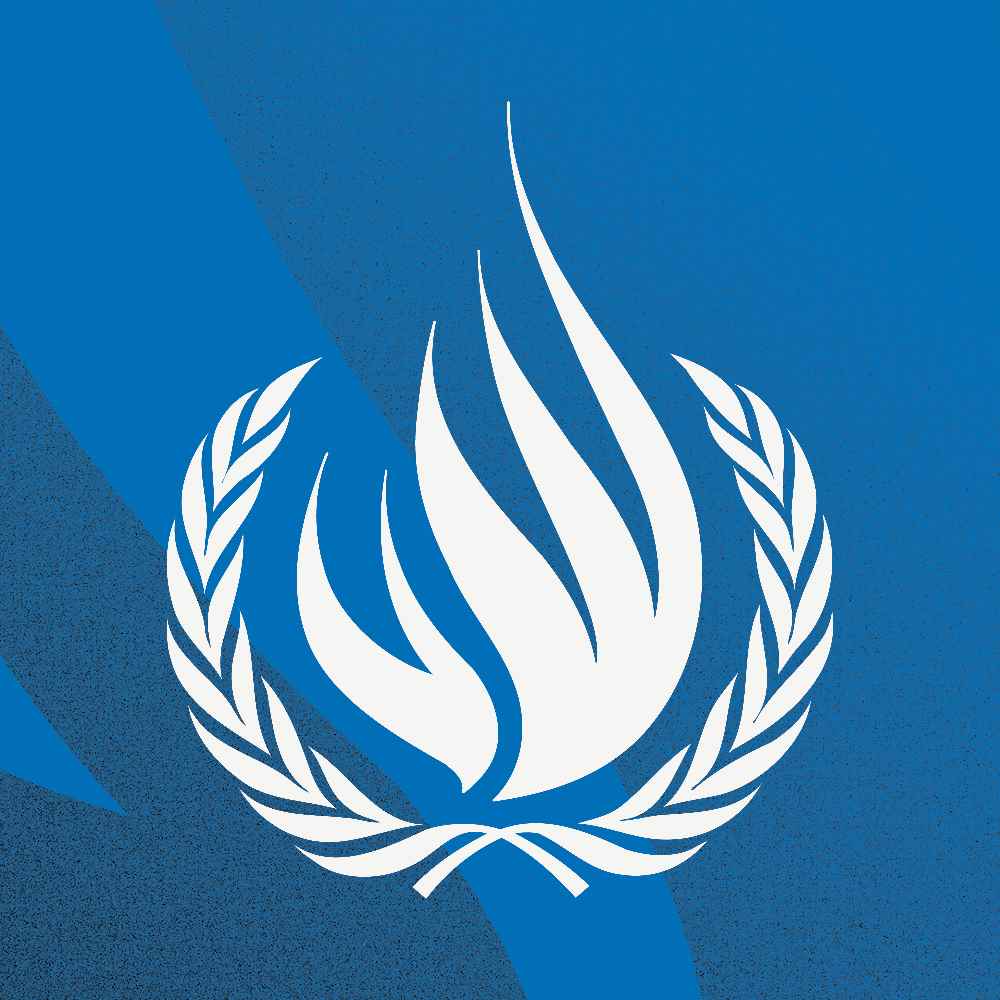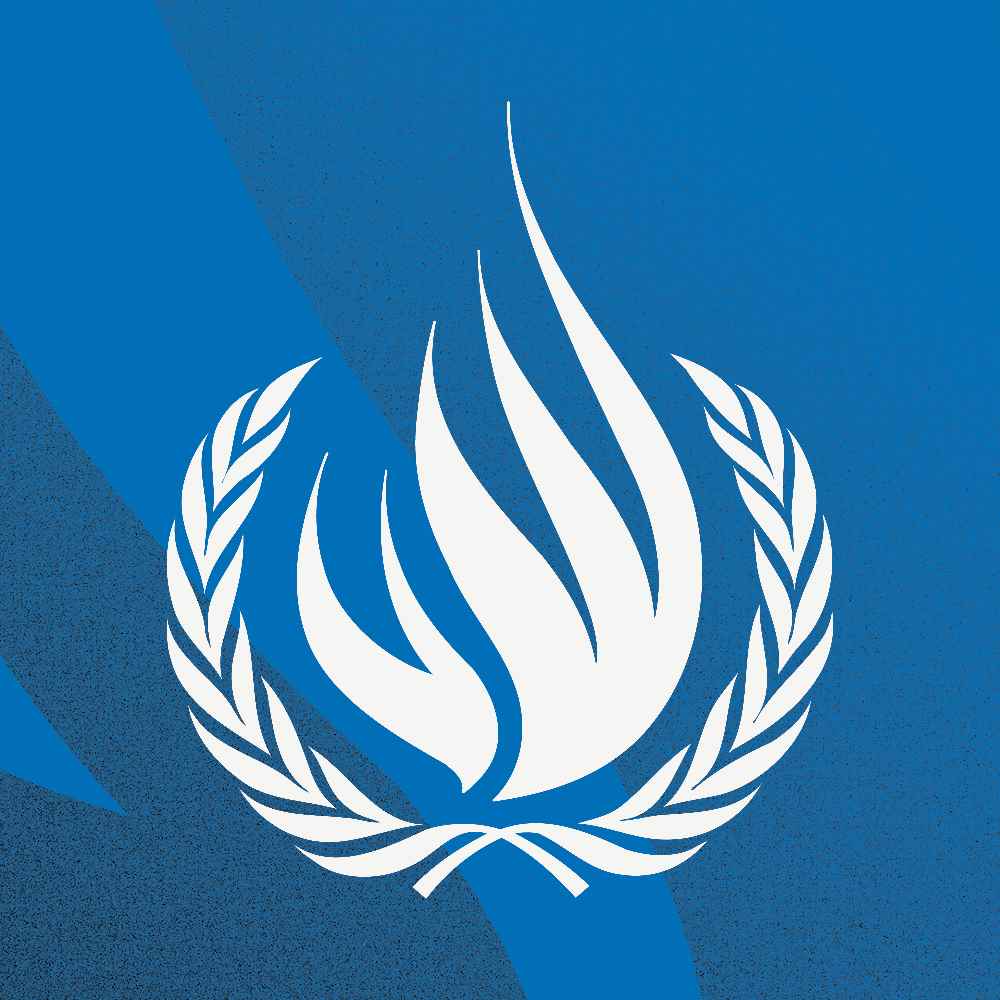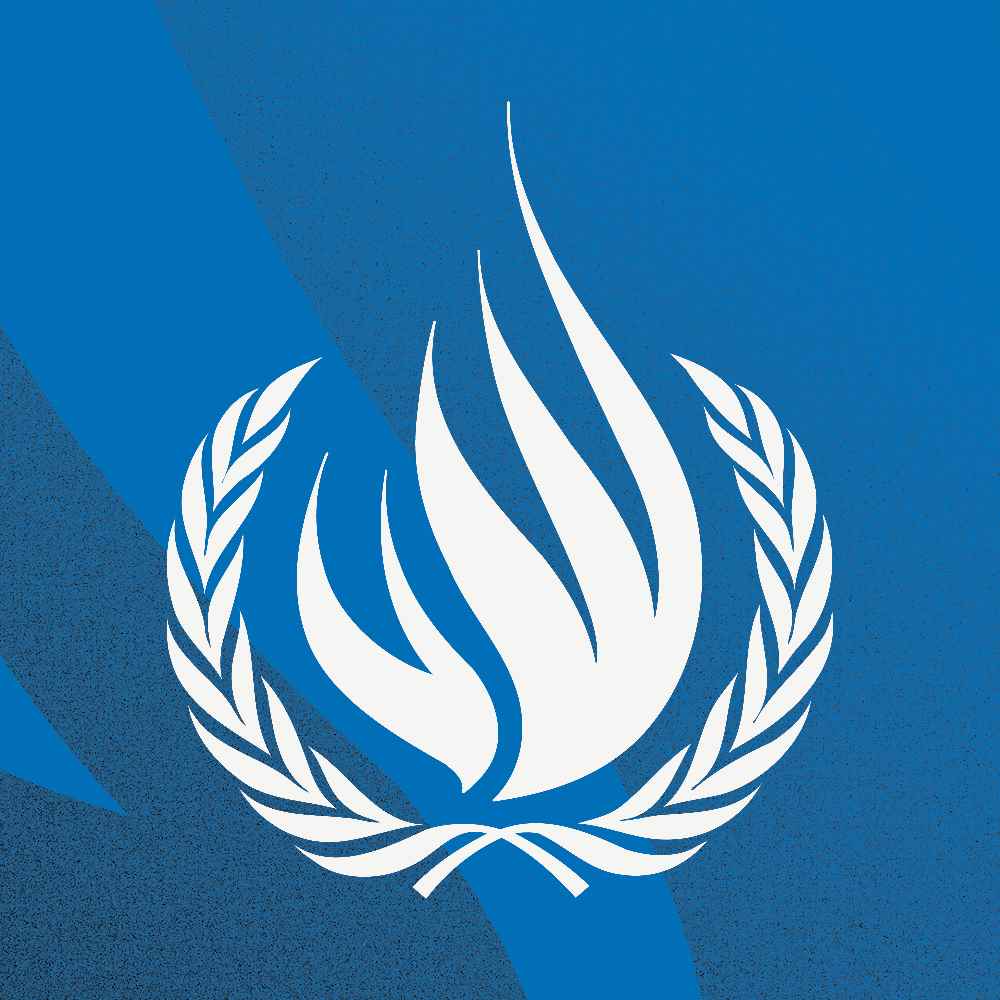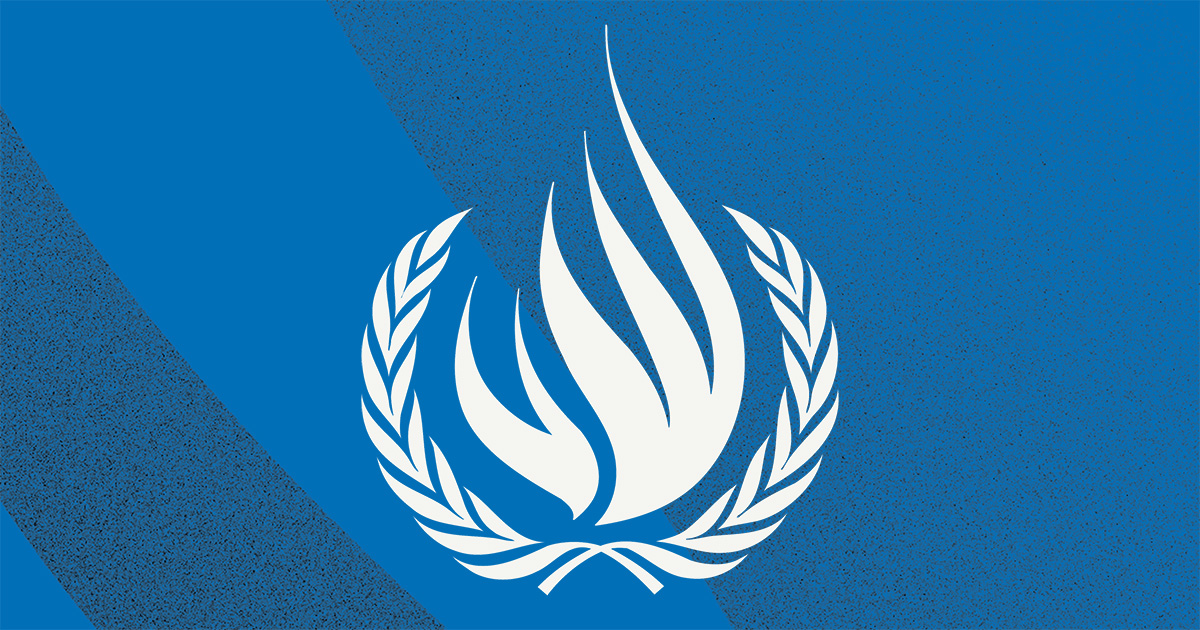
Palais des Nations, Salle XX.
Chairperson,
Distinguished Members of the Advisory Committee,
Mr. Tistounet, Chief of the Human Rights Council Branch in the Office of the UN High Commissioner for Human Rights,
Excellencies,
Dear participants,
It is with great pleasure that I address you today for the first time, in my capacity as President of the Human Rights Council, at the opening of the twenty-ninth session of the Advisory Committee.
It is also my pleasure to welcome the new members of the Committee: Ms. Noor Al-Malki Al-Jehani; Mr. Rabah Boudache; Mr. Aldo de Campos Costa; Ms. Jewel G.L. Majorand; Ms. Vasila Sancin; and Mr. Yue Zhang, as well as Mr. Sebastião Da Silva Isata who unfortunately could not join us at this session due to health reasons; in addition to the re-elected members Ms. Milena Costas Trascasas and Mr. Javier Palummo. I have no doubt that you will make valuable contributions to the work of the Advisory Committee throughout your terms.
Distinguished Members,
Dear participants,
As is customary, I will provide you with an overview of the Council’s work since you last met in August. Last September, the Human Rights Council met for one month to consider 96 reports as well as to hold 5 panel discussions and 41 interactive dialogues, including with Ms. Patrycja Sasnal, the outgoing Chair of your Committee, who presented the Committee’s annual report.
I am pleased to note that States and NGOs engaging in the discussion with Ms. Sasnal highlighted the great importance of the work of the Advisory Committee as an expert mechanism. They also welcomed the proposal of the Advisory Committee to study the human rights implications of the use of new and emerging digital technologies developed in the military domain used for law enforcement and security purposes, as well as the proposal to assess the impact of neurotechnology on human rights. This support translated into two Council resolutions on these emerging topics, entrusting new mandates to your Committee.
In its resolution 51/3 on neurotechnology and human rights, the Council requested the Committee to prepare a study on the impact, opportunities and challenges of neurotechnology with regard to the promotion and protection of all human rights, including recommendations on how human rights opportunities, challenges and gaps arising from neurotechnology could be addressed by the Huma Rights Council and its special procedures and subsidiary bodies in a coherent, holistic, inclusive and action-oriented manner, and to present the study to the Council at its fifty-seventh session in September 2024. In its resolution 51/22 on the human rights implications of new and emerging technologies in the military domain, the Council requested the Committee to prepare a study examining the human rights implications of new and emerging technologies in the military domain, while taking into account ongoing discussions within the United Nations system, and to present the study to the Human Rights Council at its sixtieth session in September 2025.
I am looking forward to the work of your Committee on these two new mandates.
I am also looking forward to the two other studies that you have been working on, namely on the advancement of racial justice and equality, and on the impact of new technologies for climate protection on the enjoyment of human rights, that you will present to the Council at the end of this year. I would like to point out that during its last session, the Human Rights Council held an enhanced interactive dialogue with the High Commissioner and the International Independent Expert Mechanism to Advance Racial Justice and Equality in the context of Law Enforcement. The dialogue highlighted the disproportionate number of deaths and injuries of people of African descent resulting from encounters with law enforcement officials. Participants called for comprehensive data disaggregated by race or ethnic origin, as well as for concrete measures to ensure accountability and redress for all victims and their families. Separate interactive dialogues were held with the Working Group of Experts on People of African Descent, with a focus on the theme of children of African descent, exploring their heritage tainted by racial discrimination and unresolved legacies; and with the Expert Mechanism on the Right to Development, on theme of racism, racial discrimination and the right to development, during which participants stated that compounding inequalities as legacies of colonialism, slavery and apartheid regimes had exacerbated global instability and were barriers to development.
Distinguished Members,
Dear participants,
Allow me now to turn to the upcoming 52nd session of the Council. The programme of work for the session is quite heavy, stretching over five weeks. Over the first three days, around 100 dignitaries are expected to address the Council during its annual high-level segment. There will be 9 panel discussions, including the Council’s debate in commemoration of the International Day for the Elimination of Racial Discrimination; and 40 interactive dialogues, including with the Special Rapporteur on adequate housing who will present a report on climate crisis and the right to housing. The Council will also consider the summary report of the panel discussion on the adverse impact of climate change on the full and effective enjoyment of human rights by people in vulnerable situations, and the report of the Intergovernmental Working Group on the Effective Implementation of the Durban Declaration and Programme of Action, that may be of particular relevance to your work.
Distinguished members,
Dear participants,
Let me take this opportunity to outline some of the issues and key principles that will guide my Presidency of the Human Rights Council. As a President, I pledge to work impartially and inclusively to uphold, protect and promote all human rights. I am ready to give due attention to all the challenges that the Council may face. In my view, it is of utmost importance in this work to keep in mind the three Ps: Prevention, Participation and Progress in Efficiency.
The Council is mandated to contribute to the prevention of human rights violations and respond promptly to human rights emergencies. I will strive to support all actions and initiatives aiming at fulfilling the Council prevention mandate, including by swiftly responding to requests to address urgent human rights situations by the Council; supporting mandate holders in providing technical assistance and capacity building; and generally promoting constructive dialogue and cooperation among all States and other actors to minimize human rights violations around the world.
With regard to “Participation”, meaning the involvement of all relevant actors in the work of the Council, I am committed to promoting the Council’s inclusive nature and supporting participation of small States and least developed countries that face difficulties due to capacity reasons; ensuring a safe space for civil society in the Council; supporting the need to speak the language of people outside of the Geneva “bubble”; and bringing the Council closer to them, using both traditional and social media, and encouraging participation of women and girls, UN youth delegates and persons belonging to vulnerable groups.
Finally, on “Progress in efficiency”, the Council’s agenda has been growing substantially over the years, placing increasing demands on the capacities of delegations, the Secretariat and other actors. It is therefore a priority to help the Council work more efficiently. In relation to these three priorities, I will organize a series of consultations and informal activities. I hope that the Advisory Committee, as subsidiary body of the Council, will be able to support these efforts within the context of its mandate.
Distinguished Members, Dear participants,
As we collectively amplify our efforts to give a greater visibility to your work and enable your Committee to fulfil its role as the think-tank of the Council, I look forward to your discussions throughout this session and to meeting you later this week, in a more informal setting, together with members of the HRC Bureau, and the regional and political group coordinators.
The Council relies on your independent expertise and guidance on many issues, including new and emerging ones, which your Committee rightly brings to the Council’s attention in a timely manner.
Let me conclude my remarks here by renewing my appreciation for the work of your Committee towards our common goal, which is of positive impact on the life of rights holders on the ground.
It was a pleasure to address you today and I wish you a fruitful session.
Thank you.








